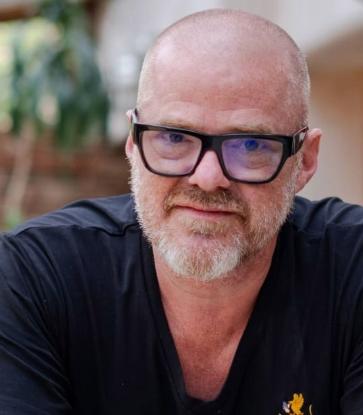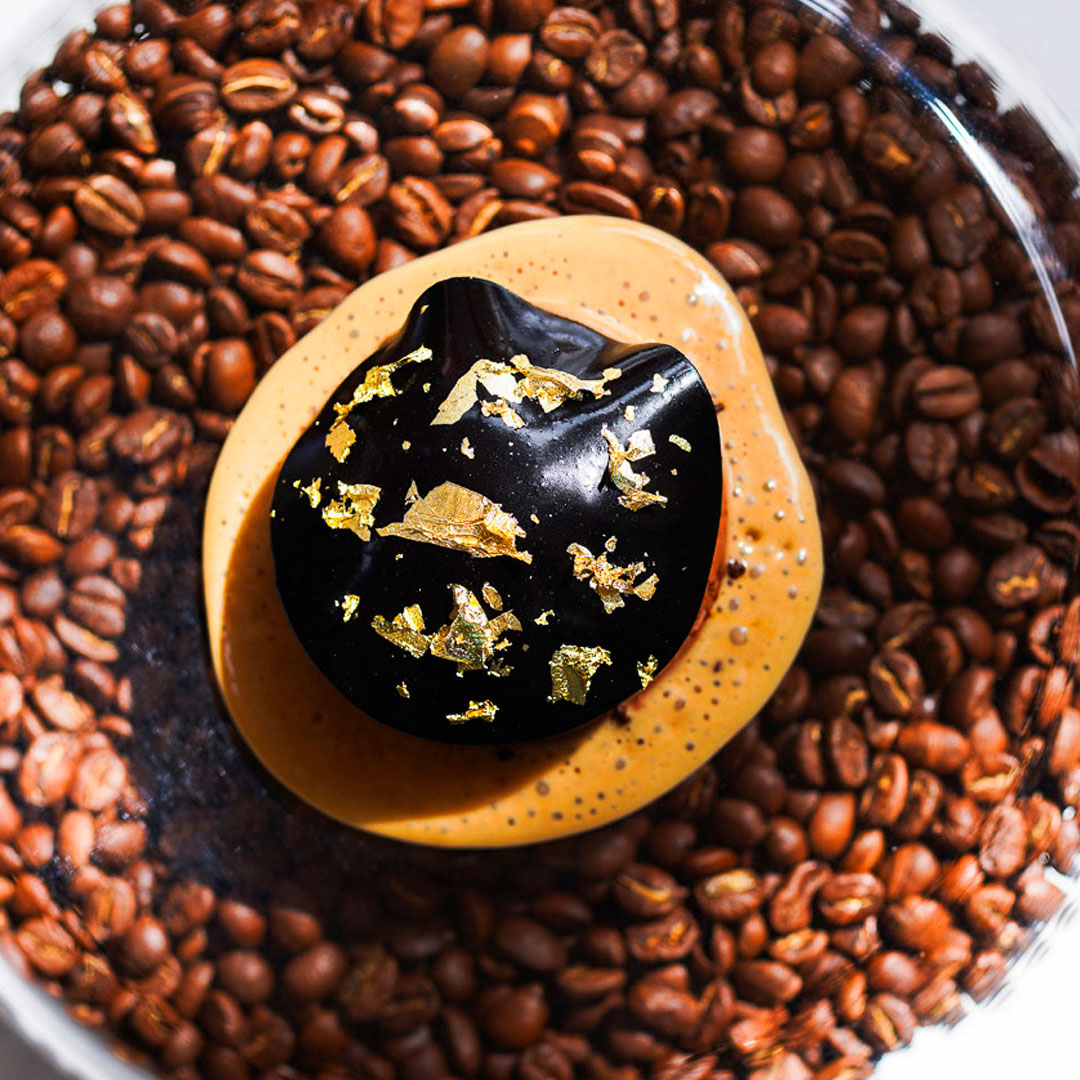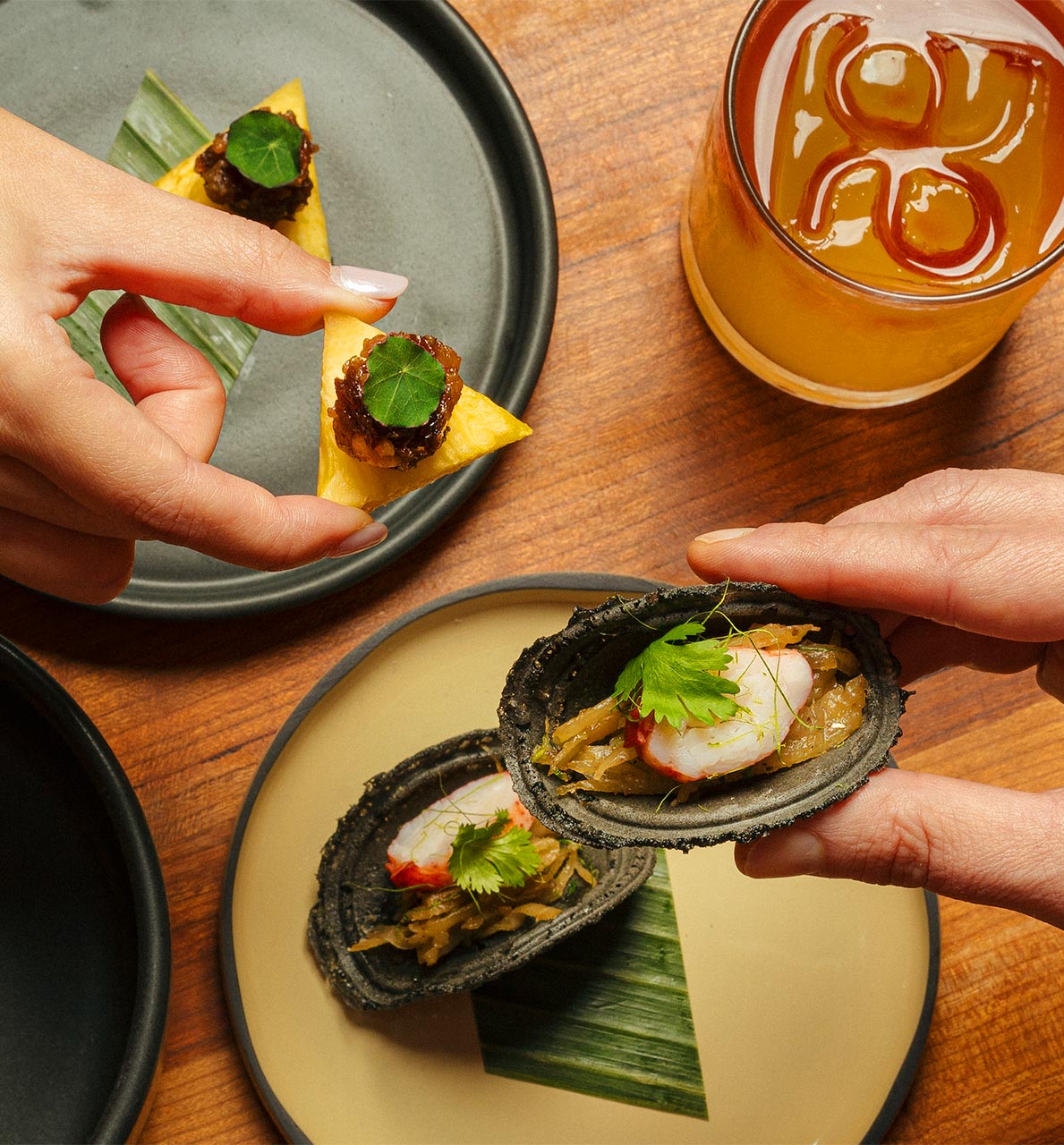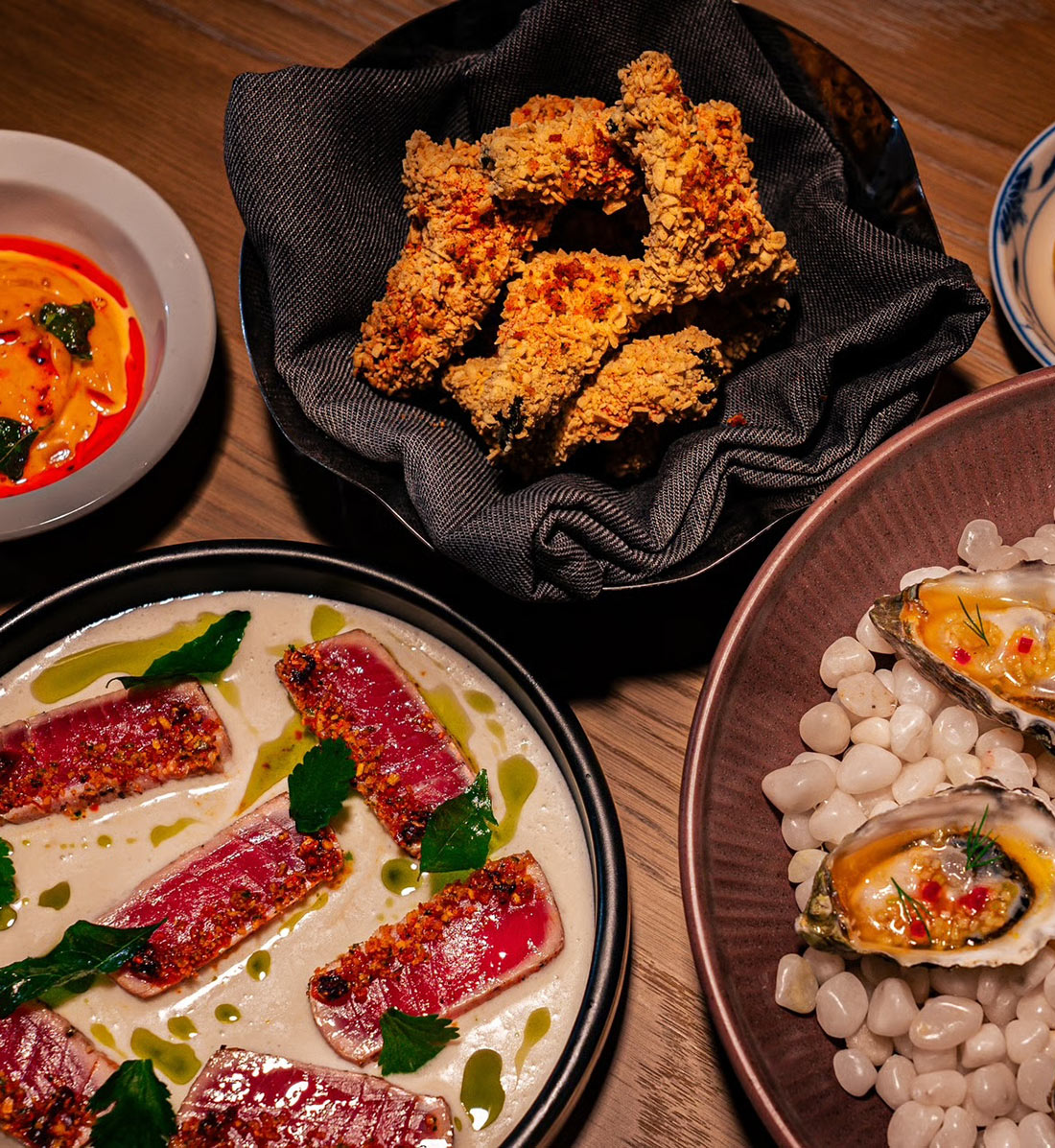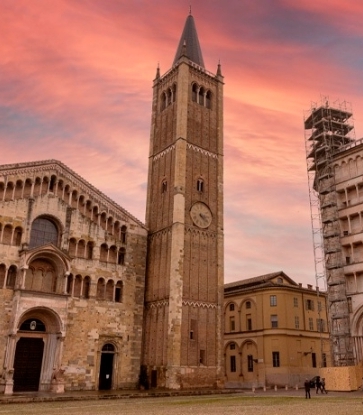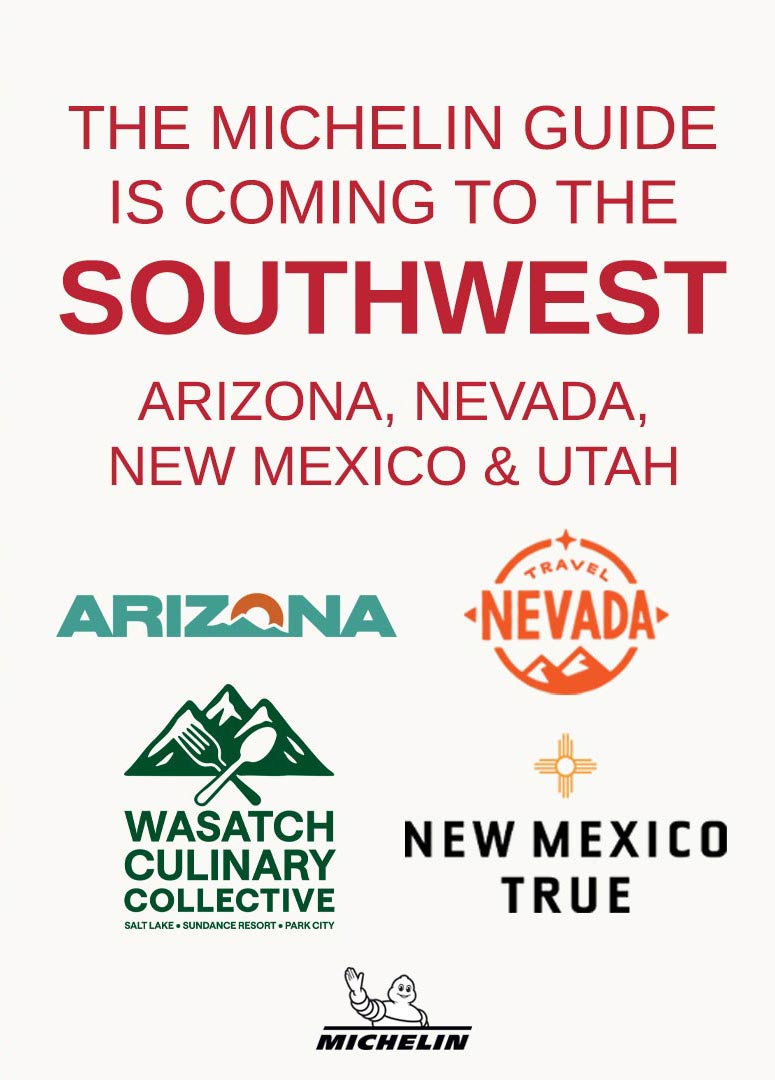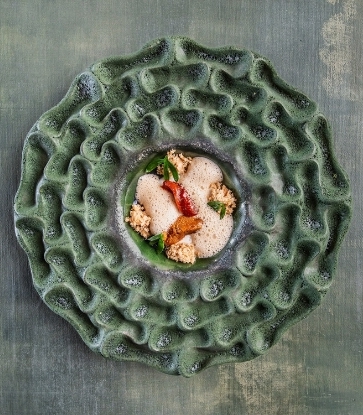Most good stories begin with a question. Several months ago, my inbox dinged with a new message. No subject, just a simple one-liner: “What’s the deal with Liberty Ducks?” The note was from one of our Inspectors who also noted that almost every meal that week had the bird in common. “Every menu has them listed…what’s their story?” It was that one question, followed by so many more, that fifth generation duck farmer Jennifer Reichardt graciously answered. Below, Reichardt answers about why this boutique family farm is the preferred choice of California’s top chefs.
What is the story behind Liberty Ducks?
REICHARDT DUCK FARM was started in the Bay Area in 1901. They have raised ducks in Chinatown since the mid 1950s, moved to Petaluma and then split in 1992 to start Sonoma County Poultry, Liberty Ducks. Before Alice Waters and Chez Panisse changed the way sourcing took place, most chefs looked to Europe for their ducks, but my dad heeded the call from chefs for a meatier, tastier duck in 1992, changing the business with it.
What makes Liberty Ducks different?
We raised Pekin ducks. (For reference, Pekin is the breed of duck you see in the AFLAC commercials.) We are really hands-on with the way we raise them. Here in west Petaluma, our ducks don’t have heating or air-conditioning (compared to commercial farming). We use a local grain producer for their feed, and they’re given plenty of room to run. It keeps them healthy but also helps develop texture. We like to think this also provides a terroir for the bird.
How many ducks do you have?
We have around 25,000 ducks at any time. We process around 2,500 a week. (In comparison, a factory chicken farm processes a million chickens each day.) From hatch to harvest, it’s around 8 to 9 weeks.
Why do you think chefs prefer your ducks?
I really think it’s a trifecta. It’s the time raised, the feed given, and our location. We let our birds hatch an extra two weeks. It costs more money, because the birds don’t gain weight in that time, but we think it develops more flavor. (Hint: it does. “We like their ducks for their rich flavor, ratio of fat to meat and size for our aging methods,” says Jonathan Yao, Chef/owner at Kato. “We use their ducks year-round for one of our larger protein courses. It's become a staple on our menu, and the set changes with the seasons and what we find at the market.”)

How did you decide you wanted to get into the family business?
I didn’t at first! I was pre-med for two years in college and my dad was really involved in the Slow Food Movement. I wasn’t liking pre-med, and he said, “if you don’t have midterms during Terra Madre (a Slow Food gathering in Italy), come with me.” I should have had exams, but somehow my schedule worked out, so I went. There were 130 countries represented and the theme was young farming. It showed me that I could have a career in this. I came home and changed my major.
Did you start with Liberty Ducks right away?
No, I made wine first. I went back and forth between the wine harvest and the farm since the farm always needs help. I still make wine—around 1,000 cases, doing the harvest and maintenance mostly during the nights now.
What is your role at Liberty Ducks?
I gave myself the title of COO (Chief Operating Officer), but on any day, I’m filling in wherever needed. I can be handling orders, working on restaurant relationships, etc.
What about your Dad? Is he still working with you?
Dad still works with us full time every day. He’s the first person I call with any question. Then, [in February 2022], my younger brother joined us full-time. He was working as a whitewater rafting guide, but he came on to the ranching side. I’m lucky because I get to sit in the same office every day with my dad and my brother!
What do you enjoy about your business?
It’s very rewarding! Chefs started listing our name on their menus. Then, in 2020 we lost all of our business overnight. It was terrifying. We started selling retail and because of the name recognition from our restaurant partners, we were busy doing home deliveries. We didn’t have to get rid of our drivers and we were kept busy. It was a powerful, fulfilling moment to see how people cared about a product. We wouldn’t be here if it weren’t for them.
Are there any other projects you’re excited about currently?
Yes, we have a cookbook that came out last October—The Whole Duck. It was born from the pandemic too. It’s a love letter and a thank you to all our partners. We had 54 chefs and contributors who worked together to make duck accessible to home cooks.
Why is it important to you?
Raising meat is an emotional process, but the chefs honor our ducks with their recipes.








